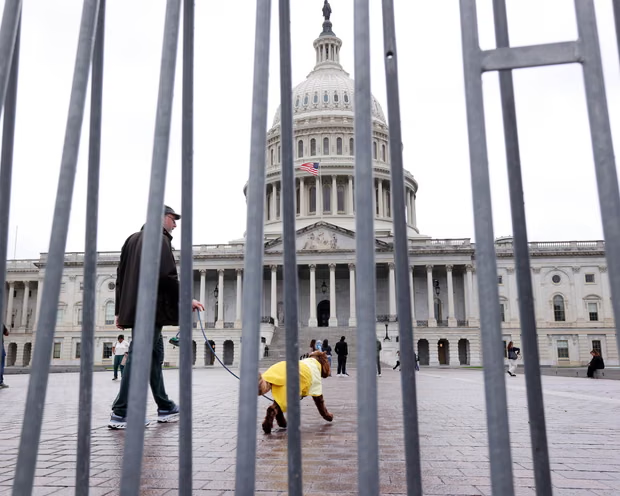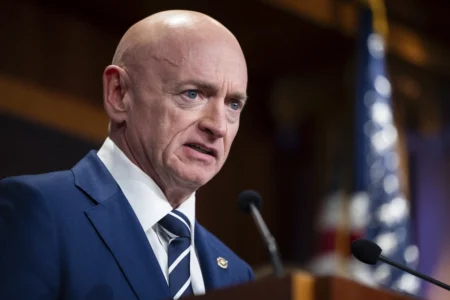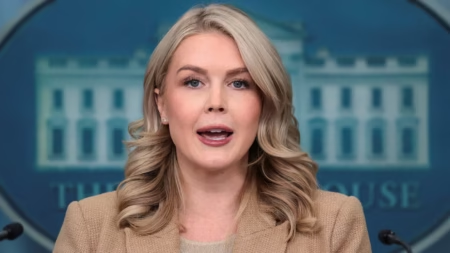The US Senate on Tuesday again blocked a Republican plan aimed at ending the government shutdown that has now lasted two weeks. The eighth vote on a bill to fund government operations through November 21 failed 49-45, far short of the 60 votes needed to advance. No senators changed their positions from the previous vote, signaling a continued deadlock in Congress.
The shutdown has already led to layoffs across multiple federal agencies. Both parties blamed each other for the impasse, with tensions rising over funding priorities and political strategy.
Democratic leader Chuck Schumer criticized the Trump administration for approving a large bailout to Argentina while federal workers remain furloughed. Schumer called the move a “slap in the face” to US families, pointing out that money could instead help lower healthcare costs at home.
Republican Senate Majority Leader John Thune argued that Democrats were holding government funding hostage to protect expiring health insurance subsidies under the Affordable Care Act. Without an extension, millions of Americans could face higher premiums. Thune said Democrats were inconsistent, opposing shutdowns when politically convenient and supporting them when it suits their aims.
Meanwhile, House Speaker Mike Johnson refused to negotiate with Senate Democrats as the shutdown entered its 14th day. He defended the Trump administration’s decision to redirect Pentagon funds to ensure military personnel received their paychecks. Johnson dismissed concerns about the legality of using unspent defense research funds, challenging Democrats to take the matter to court if they object.
The payment plan came after President Donald Trump instructed Defense Secretary Pete Hegseth to secure funds for military salaries over the weekend. Trump emphasized that he would not allow Democrats to “hold our military, and the entire security of our nation, HOSTAGE” during the shutdown. The Pentagon confirmed that troops will receive their scheduled October 15 pay using reallocated funds, removing the immediate need for a separate military pay bill.
Johnson continued to blame Senate Democratic leader Chuck Schumer for blocking a “clean” continuing resolution passed by the House, accusing him of catering to the progressive wing of his party. Johnson said the Republican bill contained no partisan priorities and expressed frustration that negotiations with Senate Democrats had stalled. He kept the House in extended recess and canceled scheduled votes to pressure Democrats to accept the proposal unchanged.
The approach has drawn mixed reactions among Republicans. Conservative members of the House Freedom Caucus praised Johnson’s hardline stance, while other Republicans criticized the lack of negotiation.
Federal employee layoffs have increased as the shutdown continues. According to the American Federation of Government Employees, more than 4,000 government workers have been laid off. Senators representing Maryland and Virginia, which have large federal workforces, condemned the dismissals.
“This is all part of the Trump 2025 playbook,” said Senator Chris Van Hollen of Maryland. “Stop attacking employees, stop attacking the American people, and start negotiating to reopen the federal government.”
As the stalemate drags on, federal agencies remain closed, millions of workers are furloughed, and essential services continue to be disrupted. Both parties show little willingness to compromise, leaving the resolution of the shutdown uncertain.
The continued deadlock highlights deep partisan divides in Congress and growing concern over the impact on federal employees and the public. Analysts warn that without immediate action, the economic and social effects of the shutdown could worsen in the coming weeks.







